Ok you can do all of this in MS SQL. Since I know nothing about PHP.
So first this is my table below.

1) Create blob format file, so you can export your blob.
DECLARE @sql VARCHAR(500)
SET @sql = 'bcp DatabaseName.dbo.Blob format nul -T -n -f C:\Users\Public\Documents\blob.fmt -S ' + @@SERVERNAME
SELECT @sql
EXEC master.dbo.xp_CmdShell @sql
Format File
2) Edit the Format File. Keep only the Content column.
2.1) Original Format
2.2) Change the format as below
3) Lastly I created a Stored Procedure that will change all varbinary data into .jpb(You can also have it in different format not just .jpg).
CREATE PROCEDURE BLOBImageExport
AS
SET TRANSACTION ISOLATION LEVEL READ UNCOMMITTED
SET NOCOUNT ON
IF OBJECT_ID('tempdb..#export') IS NOT NULL DROP TABLE #export
DECLARE @imgID INT,
@imgName VARCHAR(128),
@sql VARCHAR(8000)
SELECT *
INTO #export
FROM Blob
WHILE (SELECT COUNT(*) FROM #export) > 0
BEGIN
SELECT TOP 1 @imgID = ID,
@imgName = imgName
FROM #export
SET @sql = 'BCP "SELECT Content FROM DATABASENAME.dbo.Blob WHERE ID = ' + CONVERT(VARCHAR(10), @imgID) + '" QUERYOUT C:\Users\Public\Documents\' + '' + @imgName + '' + ' -T -f C:\Users\Public\Documents\blob.fmt -S ' + @@SERVERNAME
EXEC master.dbo.xp_CmdShell @sql
DELETE #export
WHERE ID = @imgID
END
4) Now you can see the images below
4.1) Accountant Image
4.2) Accountant2 Image
5) So, you could either in PHP copy all the images to your specified drive or use SSIS or change the location in Stored Procedure where you want to save to disk.
Hope this helps.
